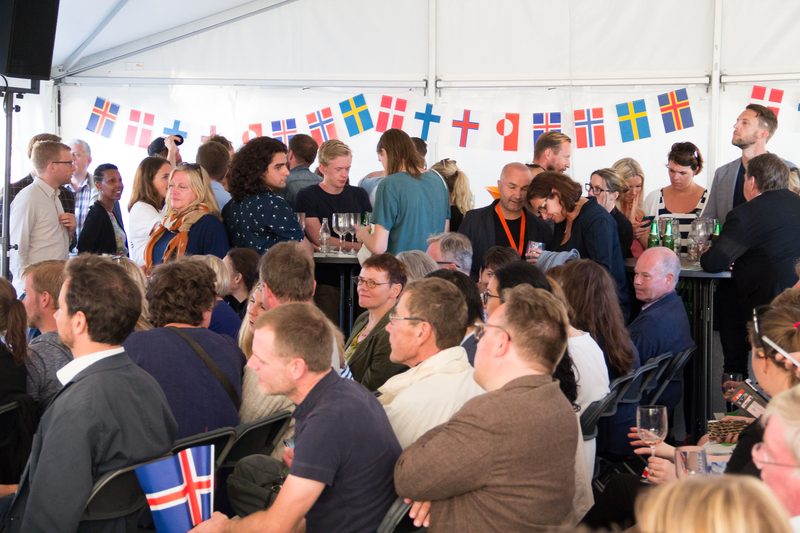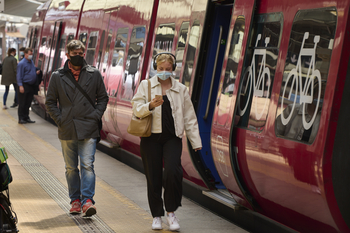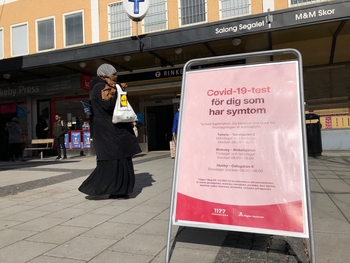Almedalen Week 2021

The Nordic Council of Ministers is participating in the programme together with the Nordic Council and other actors by way of events on Tuesday 6 July from 13:00 to 16:00. All the discussions will be streamed from Stockholm.
In previous years, the parliamentary parties have each had their own day during Almedalen Week. This year, Almedalen Week will take place over four days with the parties sharing the days.
Keep an eye on the Almedalen Week Play platform if you’re planning to participate in this year’s Almedalen Week. Here you’ll be able to watch, listen to, or actively participate in the organiser’s events as they address their key issues. You do not need to register to use Almedalen Week Play.
Ended broadcasts
What impact has COVID-19 had on Nordic co-operation?
Integration: equal conditions in crisis?
From strategy to business
Our debates at Almedalen Week 2021
The Nordic countries want to be the most integrated region in the world. Freedom of movement, cultural co-operation, and trade between the Nordic countries has strengthened them. The 2015 refugee crisis showed that the borders between the Nordic countries can be closed. During the pandemic, it has become commonplace to follow how various restrictions have been introduced at national level. Border closures have affected many of us. What do those living in the Nordic Region expect of co-operation going forwards? And how do politicians respond? Is the Nordic Region equipped to deal with post-COVID-19 life? Is there a future for Nordic co-operation and for the Nordic Region as an integrated region?
How has the coronavirus affected integration in the Nordic Region? Why has the pandemic hit immigrant groups so hard? Media portrayals and political arguments often cite language comprehension and cultural differences as reasons, while research points to other more decisive factors. A new study points to several underlying factors that together have resulted in higher levels of infection and mortality in vulnerable areas. Structural factors and inequality have played more of a role than language difficulties and cultural background. These factors make it difficult, and in some cases impossible, for residents to follow the guidelines. In this discussion, researchers will present the findings of the study and representatives from areas of the Nordic Region with dense immigrant populations will provide their views on the report and share their experiences of the pandemic. We will also hear from representatives from the Nordic public authorities that are responsible for combatting housing segregation. What lessons can we learn for future pandemics and the future in general?
How do we steer processes from circular goals and strategies to business? How does reuse become economical? How do consumers and producers find each other in order to prioritise the cycle that supports both the green transition and profitable business? What can we learn from each other in the Nordic Region? In this event, we’ll focus on the green transition and how we can work with circular business models. During the seminar, various stakeholders and companies will discuss the societal and business benefits of the circular economy. The green transition has already begun by way of new value chains, skills development, and collaborations within various ecosystems between Nordic companies. But the question is how can we get better at being circular? How can we accelerate economic gain in line with the green transition? It’s certainly possible to challenge traditional industry to help find solutions for a circular future. And there are plenty of good examples by Nordic companies who have demonstrated how we can work sustainably using circular business models. Please feel free to join us and listen to the questions and the solutions proposed.


